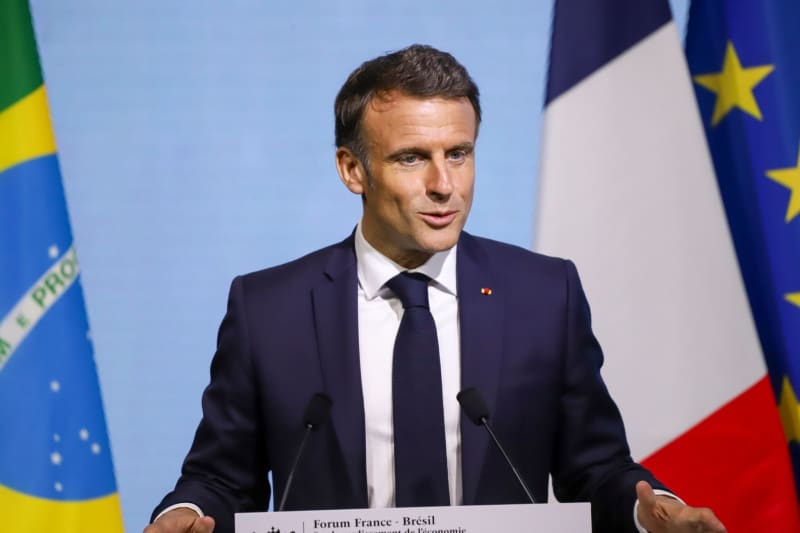“As it stands, it is a very bad agreement. This agreement was negotiated 20 years ago. This is not what we want,” Macron said, speaking in São Paulo.
“Let’s negotiate a new, more responsible agreement that is oriented towards our goals and reality and that takes development, the climate and biodiversity into account,” Macron added.
The French leader is one of the harshest critics of the agreement in the EU.
At the UN Climate Change Conference (COP28) summit in December, Macron criticized the fact that European farmers and companies would have to adhere to strict requirements to reduce carbon emissions, while products from South America that are not produced according to the same rules would enter the EU tariff-free.
“I can’t ask our farmers, our industrialists in France but also everywhere in Europe to make efforts to apply new rules to decarbonize … and then say all of a sudden, ‘I’m removing all the tariffs to allow products to enter which do not apply these rules,'” Macron said in a speech at COP28 in Dubai.
France’s stance is at odds with the German government’s. During a meeting in Berlin in December, German Chancellor Olaf Scholz and Brazilian President Luiz Inácio Lula da Silva both pushed for a swift conclusion to negotiations on the agreement.
The deal between the EU and the Mercosur alliance – with its member states Brazil, Argentina, Paraguay and Uruguay – would create one of the world’s largest free trade zones with more than 700 million inhabitants. Its main aim is to reduce customs duties and thus boost trade.
The EU has been in talks with Mercosur about the deal for 23 years. An agreement in principle reached in 2019 has not been implemented due to ongoing concerns, including rainforest protection.
